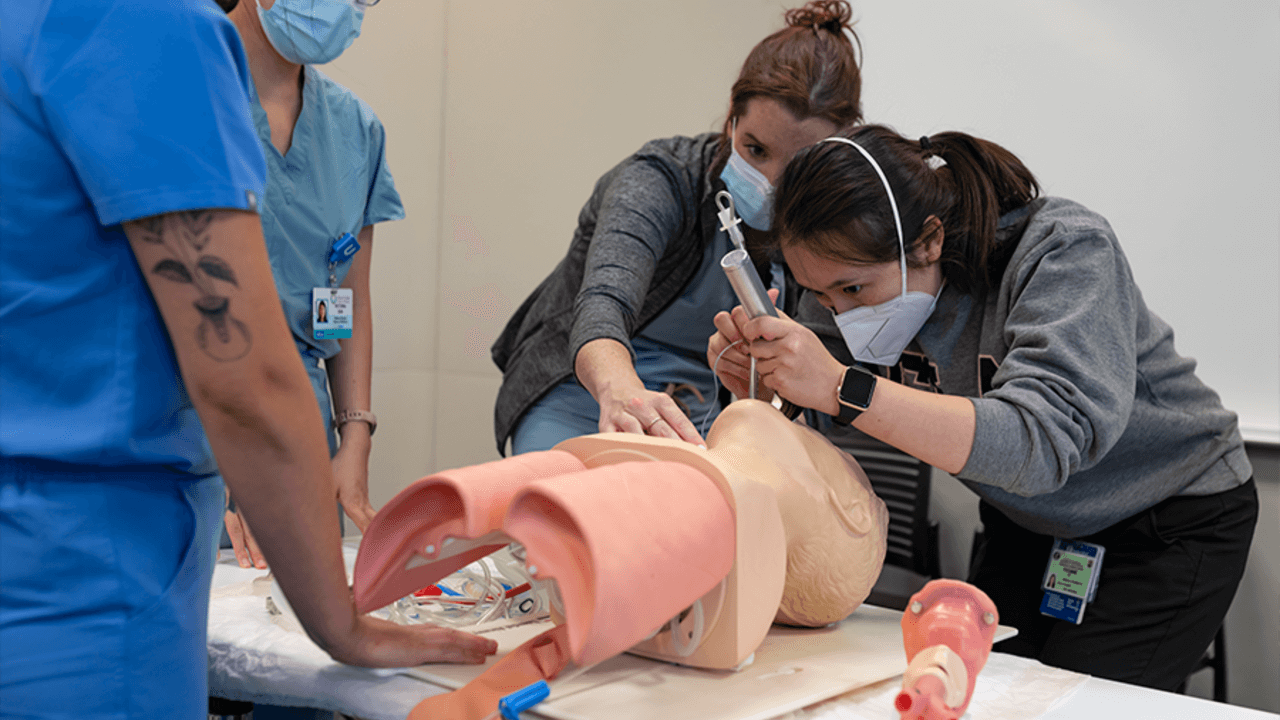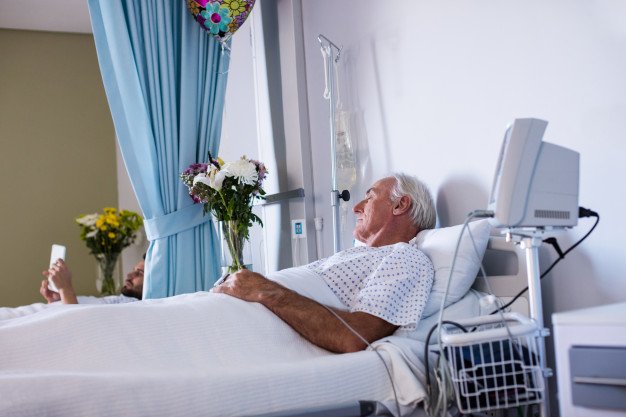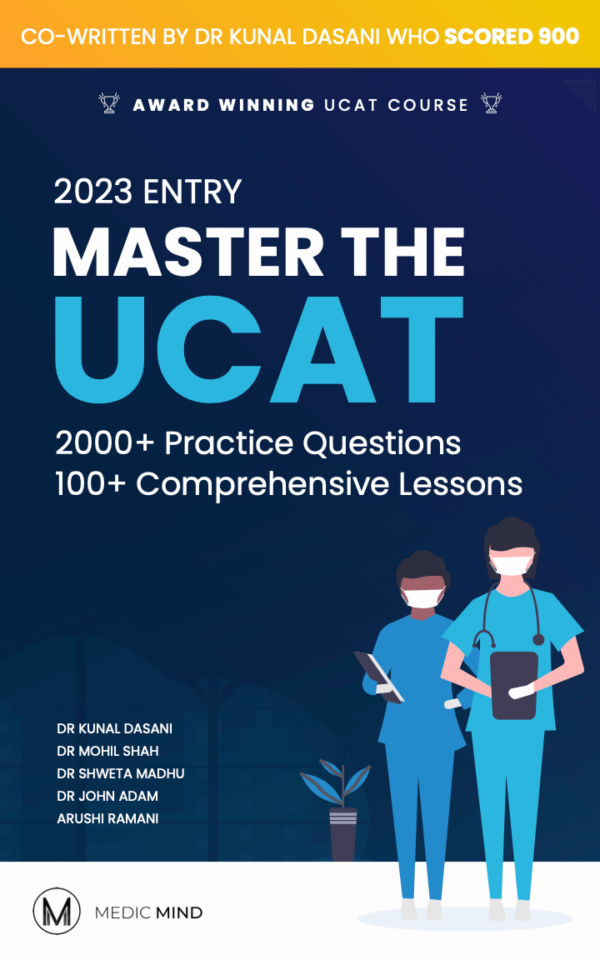Loading...

Medicine Work Experience: Hospital Work Experience
When conducting work experience, including hospital work experience, in medicine there are lots of different specialties you can observe. Shadowing a hospital doctor on the ward is a great opportunity to get an understanding of secondary care in the NHS. You’ll get an understanding of a patient’s journey and what brings a patient into hospital. You’ll see patients with chronic and acute problems (any maybe even a patients with a mixture of both!) and begin to understand how a doctor may deal with these. You’ll also gain an appreciation of other members of the multidisciplinary team including nurses, physios, radiographers and many more.

There are lots of different medical specialties. Each hospital will have different types of departments from which you might complete your hospital work experience in. An example of some ward-based specialities you might experience are:
- Cardiology
- Respiratory
- Gastroenterology
- Neurology
- Geriatrics
- Oncology
- Acute Medicine
- Renal
- Paediatrics
- Intensive Care
Kickstart your Interview Prep


What can I expect from hospital work experience?
You’ll get to see first hand the day-to-day running of a ward. Some of the things you might see include:
- Ward rounds – where you will meet patients and see how the doctors interact with inpatients
- Clinics – you may get to see consultations with outpatients
- Procedures – you might get to see specialist treatments and procedures being performed depending on which ward you’re based on
- Results interpretation – medicine relies on a doctors ability to interpret test results to help them decide how to manage each patient, you might get to see doctors interpreting results such as ECGs and blood tests
- Multidisciplinary meetings – these meetings include planning and also discussions of patients who have complex care needs. These meetings can be really interesting if you get the chance to attend.
- Management – you can also gain insight into the management of a hospital
FAQs
Students can pursue a variety of hospital work experience opportunities, including volunteering, shadowing, internships, and clinical rotations.
Internships are formal programs that provide students with structured work experience in a hospital or other healthcare setting. Internships can provide students with hands-on experience in a specific area of medicine and can help them build relationships with mentors in the field.
Students can find hospital work experience opportunities by contacting hospitals directly, speaking with their school’s pre-health advisors, and utilizing online resources such as job boards and internship databases.
Students can make the most of their hospital work experience by being proactive, asking questions, seeking feedback, and taking advantage of networking opportunities. They should also maintain a professional demeanor, be punctual, and demonstrate a strong work ethic.
Students can leverage their hospital work experience by highlighting it in their personal statement, discussing it in interviews, and using it to demonstrate their passion for medicine and commitment to patient care. They should also seek letters of recommendation from healthcare professionals with whom they have worked.
Hospital work experience is important for aspiring medical professionals because it provides hands-on exposure to the healthcare environment, allows them to develop clinical skills, and provides insight into the daily responsibilities of healthcare professionals.
Hospital volunteering can provide students with opportunities to interact with patients and staff, gain exposure to various medical specialties, develop communication skills, and build a network of contacts in the healthcare field.





Was this article helpful?
Still got a question? Leave a comment
Leave a comment